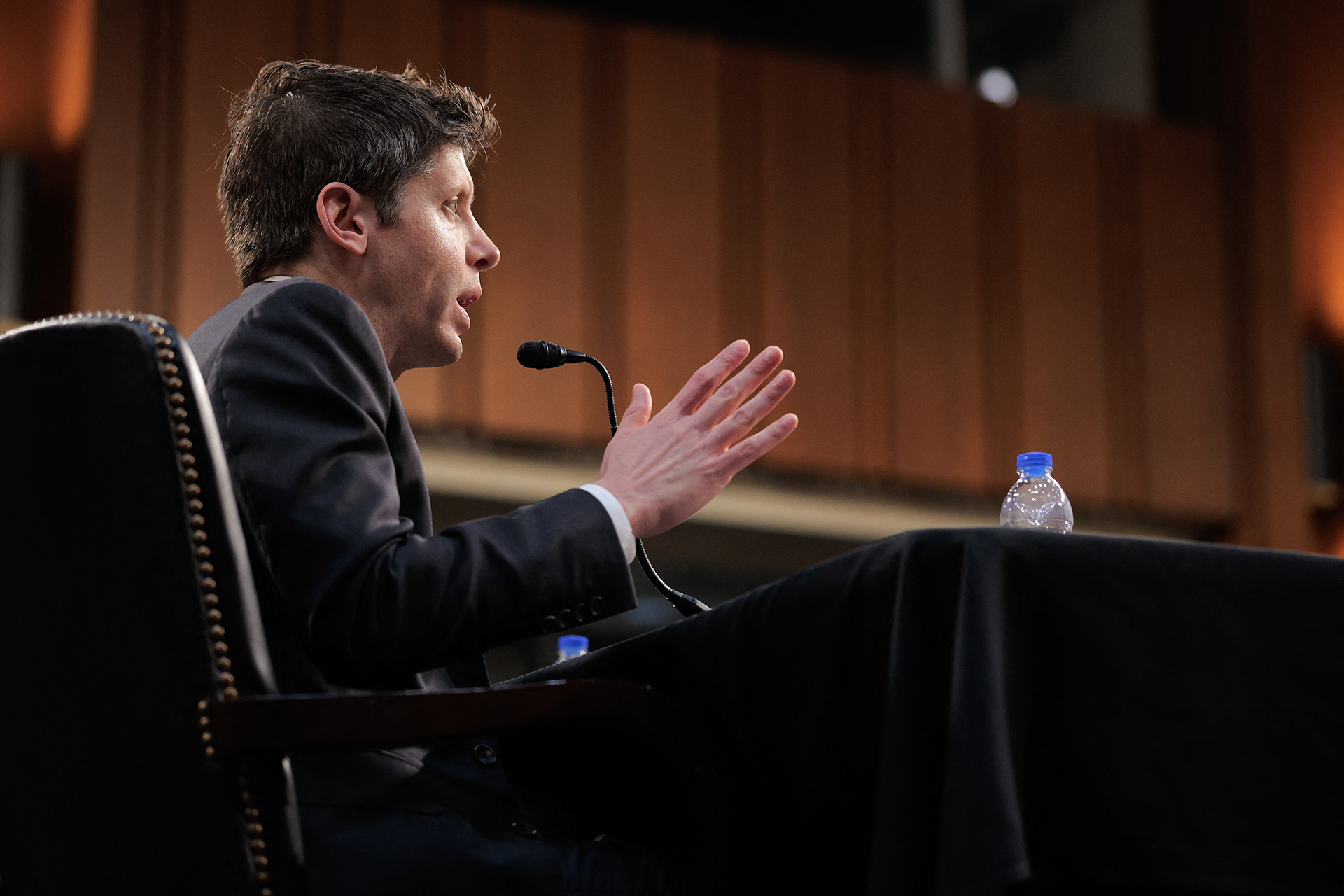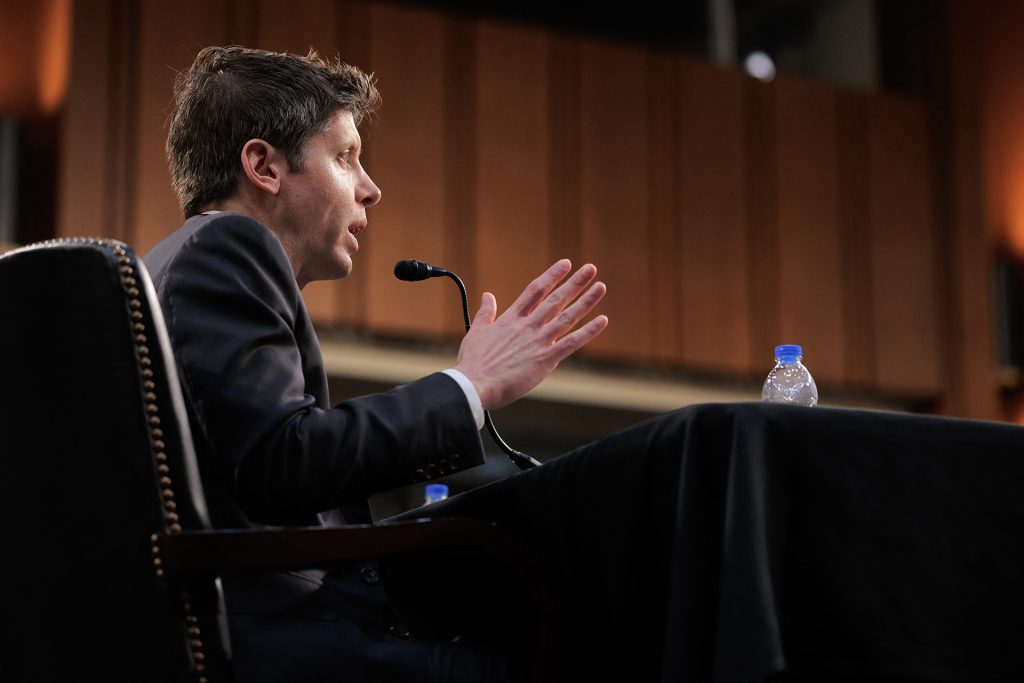Sam Altman, CEO of OpenAI, confirmed to reporters that the artificial intelligence sector has reached its bubble stage due to massive investments, according to CNBC. Altman added that the valuations of AI companies and the financing they attract have become irrational and unprecedentedly inflated. Despite this, his company plans to invest trillions of dollars in building new data centers. This spending aligns with OpenAI’s general direction, as its needs have nearly exceeded the capacity of Microsoft’s cloud services, which helped launch and greatly succeed the company. Therefore, the company seeks innovative solutions to secure more cloud power, including a new deal with Google’s cloud services.
Altman described this deal by saying, ‘OpenAI’s growth has exceeded what one company can absorb.’ He justified this infrastructure and data center spending due to increasing demand for the company’s services and indicated that his company intends to anticipate this rising demand by heavily investing in infrastructure. The report notes that all major tech companies follow the same approach, with Microsoft planning to spend $120 billion this year, Amazon considering $100 billion, Alphabet (Google’s parent company) investing $85 billion, and Meta aiming to invest $72 billion. Dan Ives from Wedbush Asset Management agrees with this trend, confirming in a previous CNBC interview that AI infrastructure investment has increased by 40% in recent months. While Sam Altman compared the current AI investment to the tech investment during the dot-com bubble, economic analyst Rob Roh disagreed, emphasizing that the current AI investment situation is very different.
Roh pointed out that companies investing now in AI technologies and infrastructure are real companies with extensive revenue records and strong cash flows supporting these investments, unlike the dot-com bubble when companies borrowed money to invest in technology. Roh added, ‘The wave of investments in the AI sector now is driven by the broad change in the global economy, specifically the rapid growth of digital services,’ during his interview with CNBC.














Recommended for you
Talib Al-Rifai Chronicles Kuwaiti Art Heritage in "Doukhi.. Tasaseem Al-Saba"
Exhibition City Completes About 80% of Preparations for the Damascus International Fair Launch
Unified Admission Applications Start Tuesday with 640 Students to be Accepted in Medicine
Egypt Post: We Have Over 10 Million Customers in Savings Accounts and Offer Daily, Monthly, and Annual Returns
His Highness Sheikh Isa bin Salman bin Hamad Al Khalifa Receives the United States Ambassador to the Kingdom of Bahrain
Al-Jaghbeer: The Industrial Sector Leads Economic Growth